We are always looking far and wide for new and unique saltwater fly-tying materials to add to our inventory. The European fly-tying scene has produced some incredible materials and patterns over the last few years, particularly in the realm of predator fly-tying. We have cherry-picked and sourced some of the most effective and innovative materials from across the pond that translate well to our East Coast saltwater fisheries. Some of the highlights of these new materials include:
Nayat

Nayat is an incredible natural material that has become very popular in Europe among pike and saltwater anglers. It is a long hair that can be thought of as an upgraded natural version of craft fur. It has incredible movement along with subtle translucency and great durability. Unlike many long materials, nayat does not get tangled and matted even after multiple fish. Nayat can be substituted in any application that calls for bucktail or craft fur. Try tying some simple nayat clousers to get a good feel for the material before trying it in more complex applications. Using nayat alongside bucktail is an incredible way to create large profile flies without a mono or shank extension. Use a relatively sparse bundle of nayat to veil over a stack of bucktail to essentially lengthen the bucktail fibers without sacrificing any movement in the water. Once you cut a bundle of nayat free from the hide, pull out the short layer of wool and save it. This is high quality wool that can be used for dense wool heads or as dubbing for your freshwater patterns. All of this combined with the relative affordability of nayatmake it a must for the saltwater fly tyer's arsenal.
Yak Hair

Another new material that we have brought to SWE is yak hair. Similarly to nayat, this is a natural material that has gained popularity in Europe and has great potential in our saltwater fishery. Yak hair is closest in texture and shape to slinky fiber or Steve Farrar blend. It is very durable, and because the fibers aren't tapered, it takes well to trimming. It can be stacked and sculpted just like EP fiber to create larger profile baitfish patterns with one material. Try using it as a prop material for longer, softer materials like nayat. The combination can give you a lot of volume and profile that casts great and resists fouling. The real beauty of yak hair is the slight stiffness that allows it to resist tangling and fouling like similar alternatives such as SF blend. It is also a very reasonably priced product that is a lot of fun to experiment with on the vise and on the water.

DD's Yak Squid tied with Yak Hair
Rupert Harvey Flies Crab Bodies

We have recently brought in a line of unique products from our friend Rupert Harvey over in the UK. His flats crab bodies are one of these products that make tying incredibly realistic crab patterns a breeze. These come in a couple of different sizes and shapes that are all designed to not spin during the cast and retrieve. The fleeing crab shapes are more suitable for fast retrieves while the others perform better with a slow crawl. All of the crab bodies work similarly on the vise. Simply tie in your dumbbell eyes and a dense bundle of a synthetic like EP fiber or a natural like wool or deer hair. Stack these fibers in the middle of the opposite side of the shank from the dumbbell eyes, and you are ready to add your crab body. Tie off your thread and select one of the crab bodies. Position the hole in the middle of the body over the dumbbell eyes and stretch the flexible body up and over the bend of the hook. It is now wedged between the eyes and the stack of material that will make up the shell of the crab. Add some adhesive to the bottom, and it is ready to fish. These crab bodies come in white or clear, and both take very well to high-quality markers, allowing you to match the local forage effectively. They are also extremely durable and fold up when eaten to allow for a positive hook set every time. They have proven themself on Permit all over the world, and will surely be a great addition to our Northeast flats arsenal.
Rupert Harvey Invisible Tab Eyes

Tab eyes are a great material for saltwater fly tying, particularly when you are making baitfish patterns with bucktail or other long materials. The tabs allow us to add eyes without significantly reducing the profile and action of our fly. These tabs from Rupert Harvey are the best value we have found in tab eyes, and they are available in 6, 8, and 10mm as well as a multipack of the different sizes. These tabs are unique as they are designed to be used with flat 2D eyes rather than the popular 3D eyes. The 2D eye sticks to the inside of the tab facing out, resulting in an extremely tough eye that cannot be easily ripped off. In my experience, this combo creates the most durable solution for putting eyes on baitfish flies. Tying these tabs off the back of the hook shank is also a slick way to make eyes for squid patterns.

These are just a few of the new products that have been added to our fly tying department, and we are constantly on the lookout for new and exciting materials. Let us know if there are any fly tying materials that you would like to see in our lineup and stay tuned for more posts about new products.




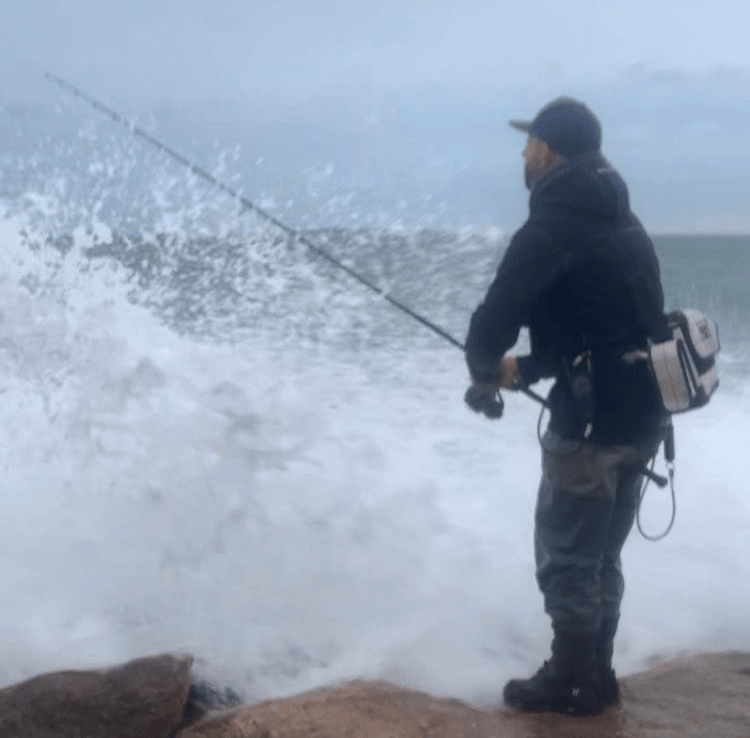

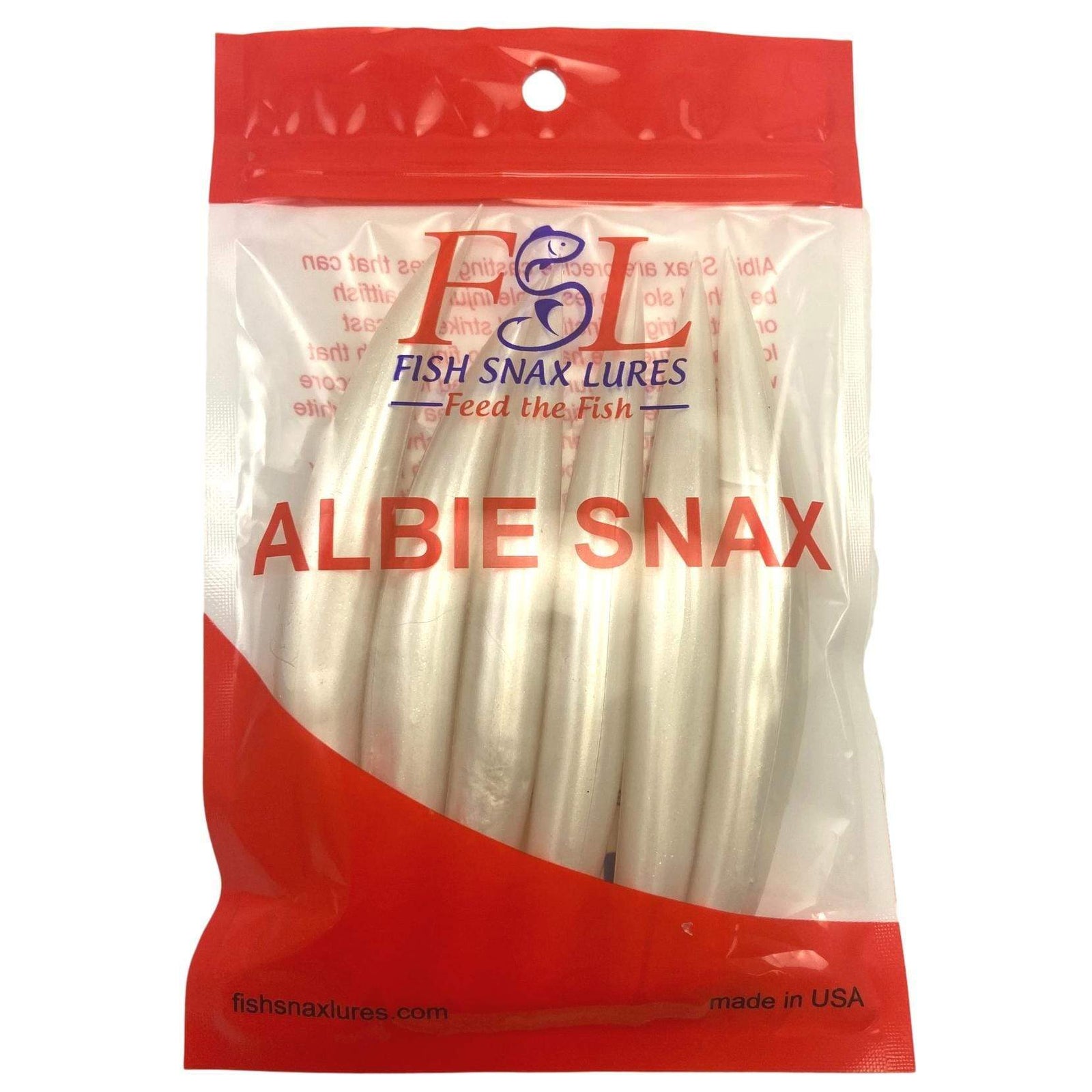

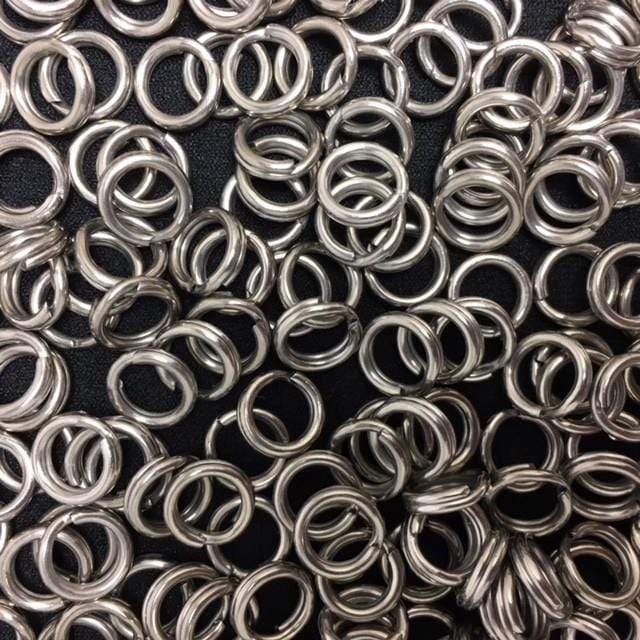
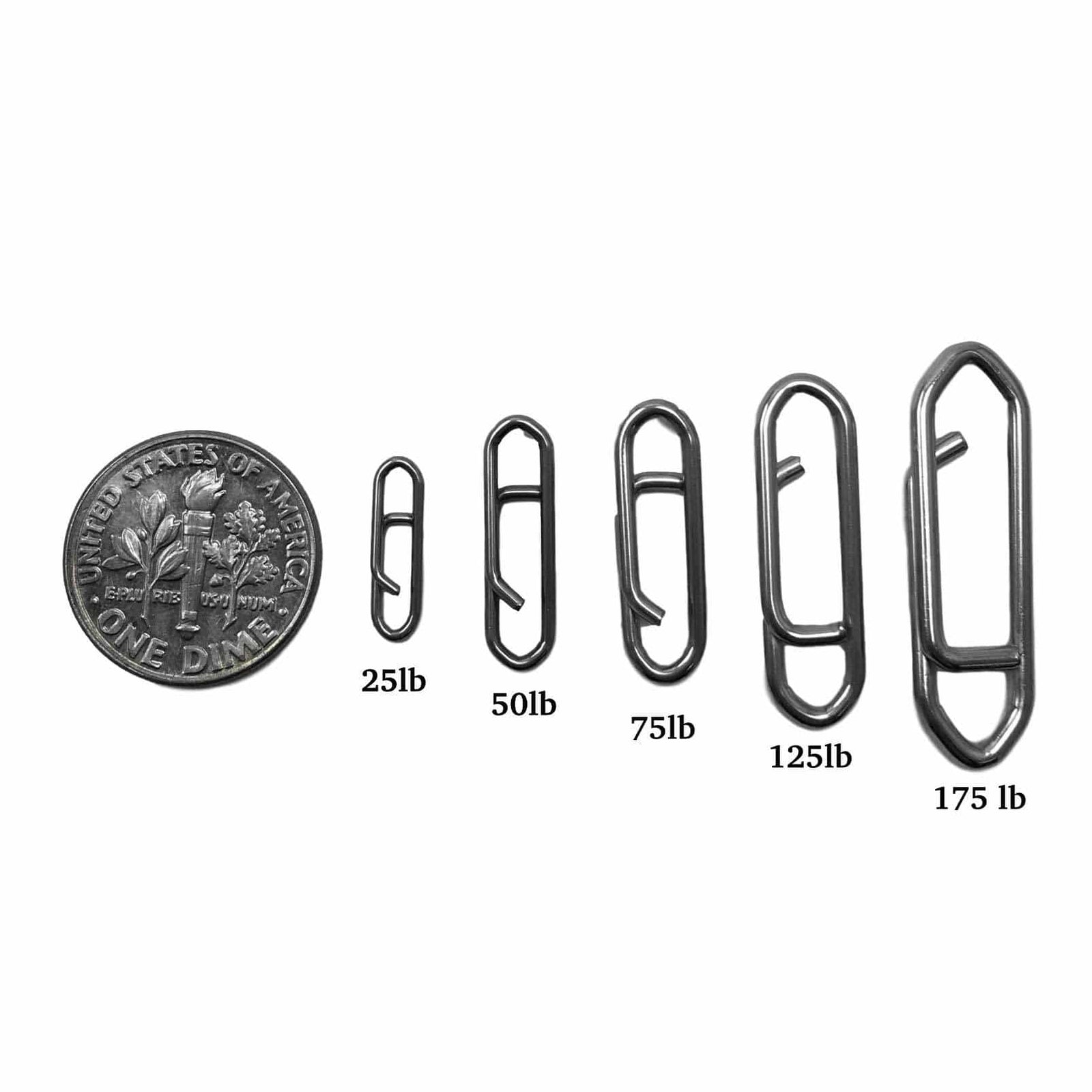

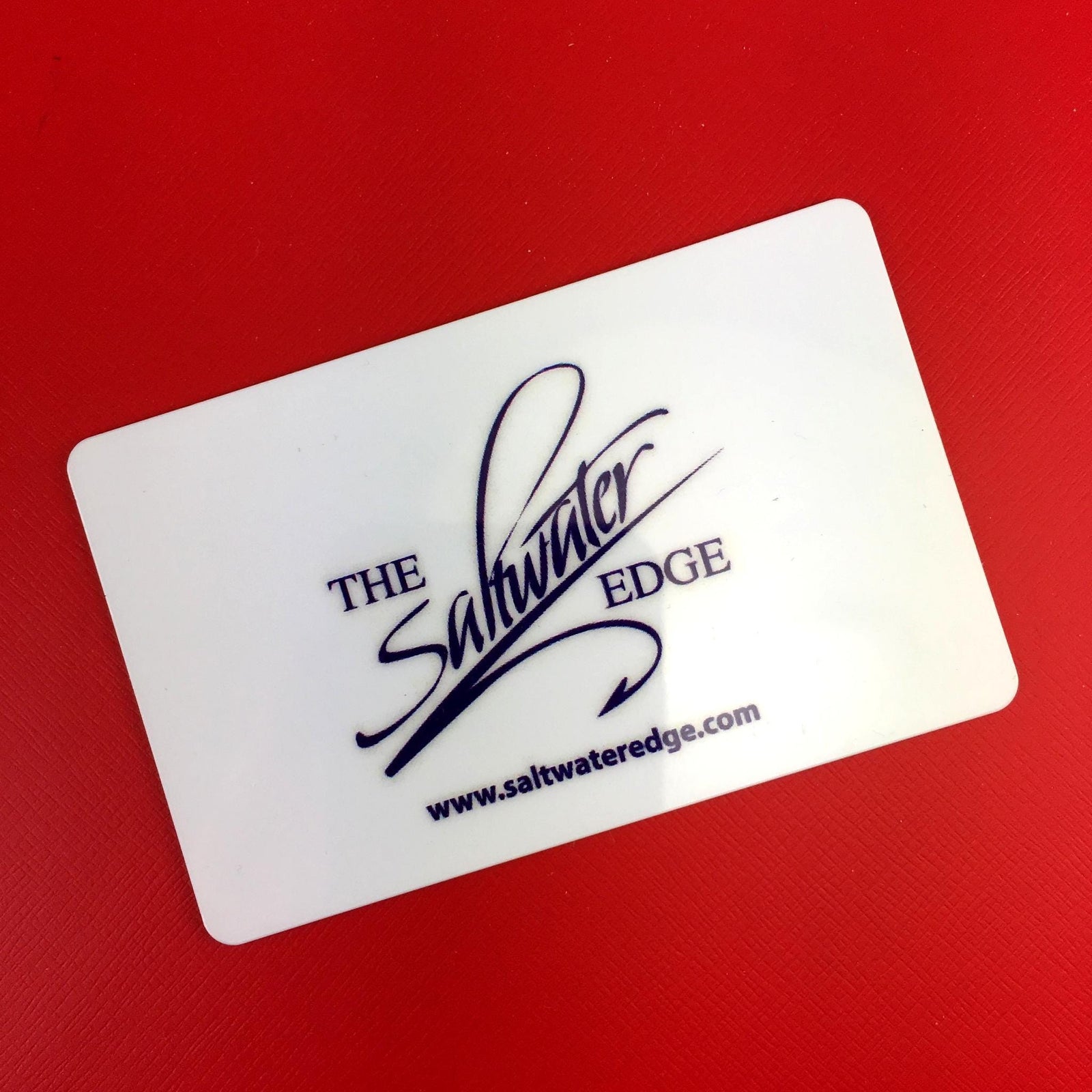
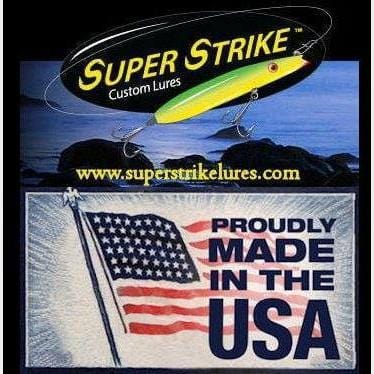

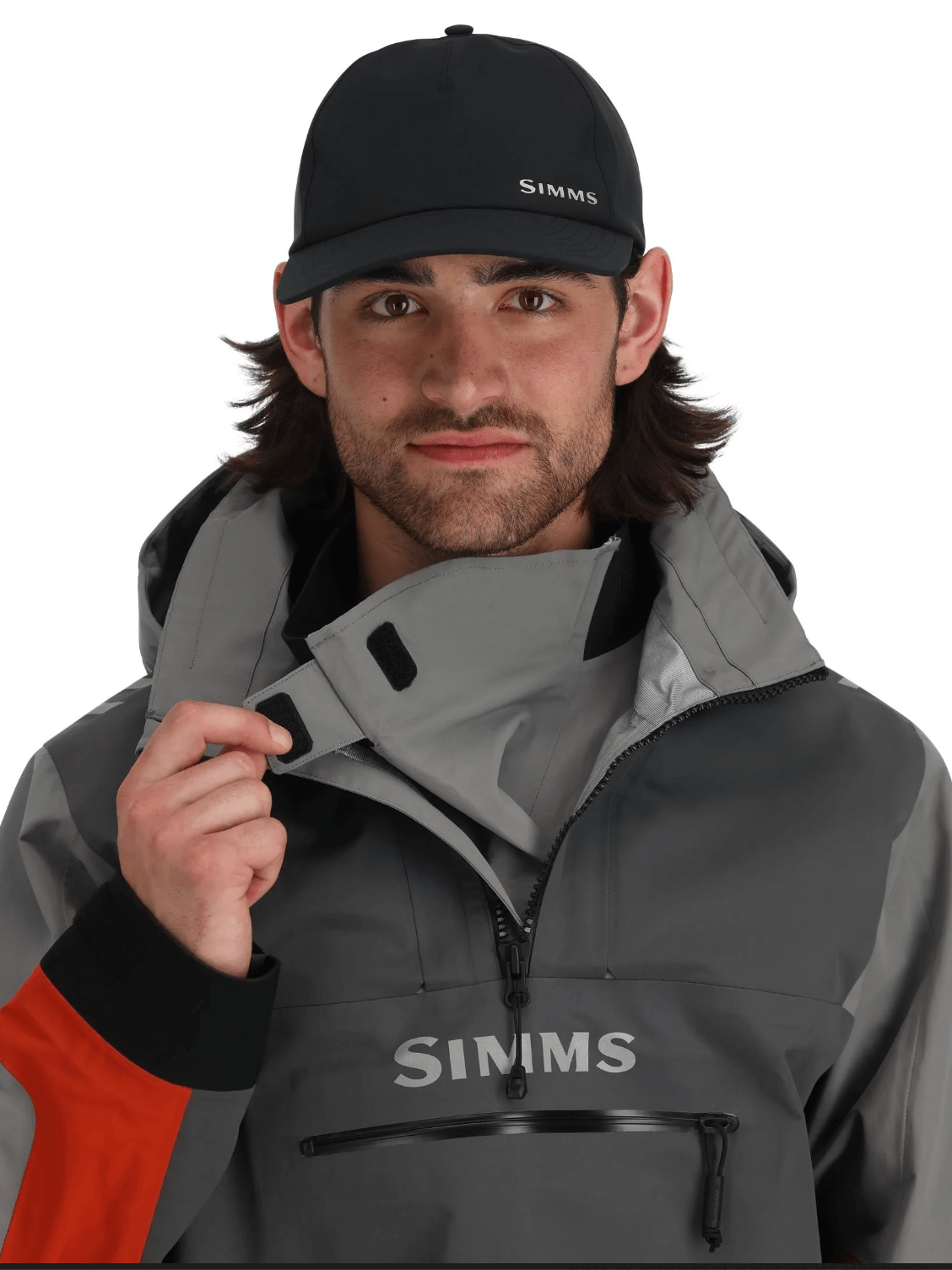

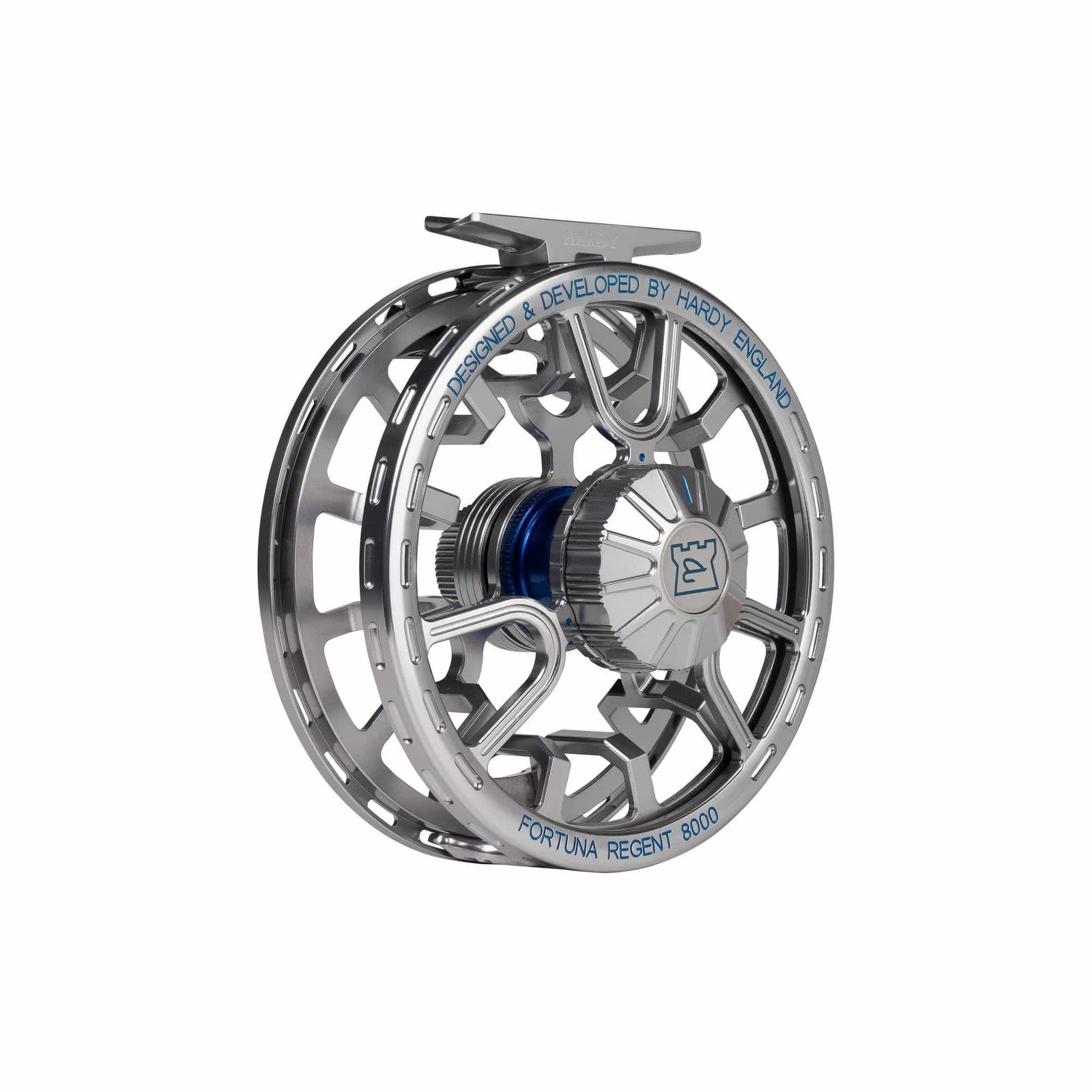
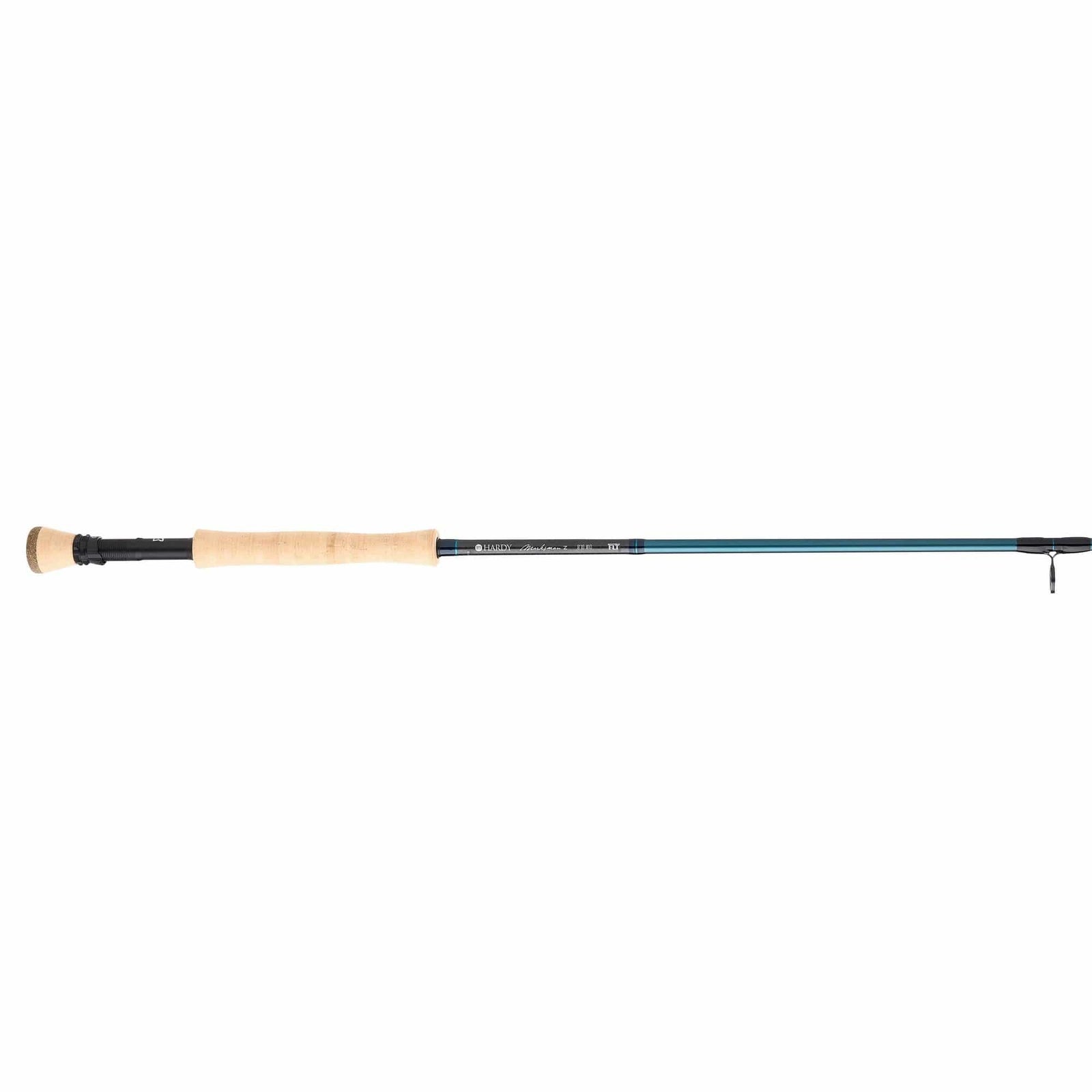
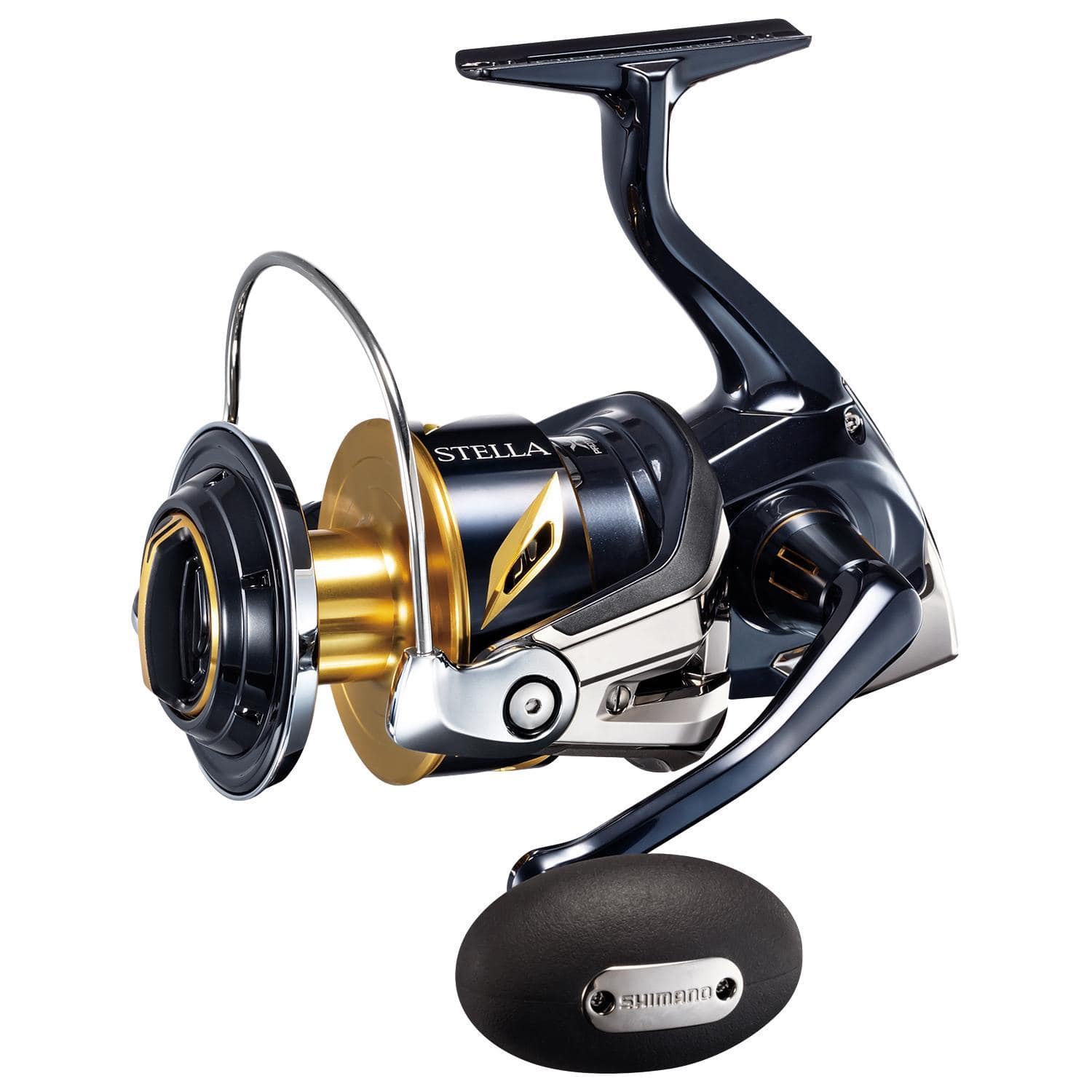
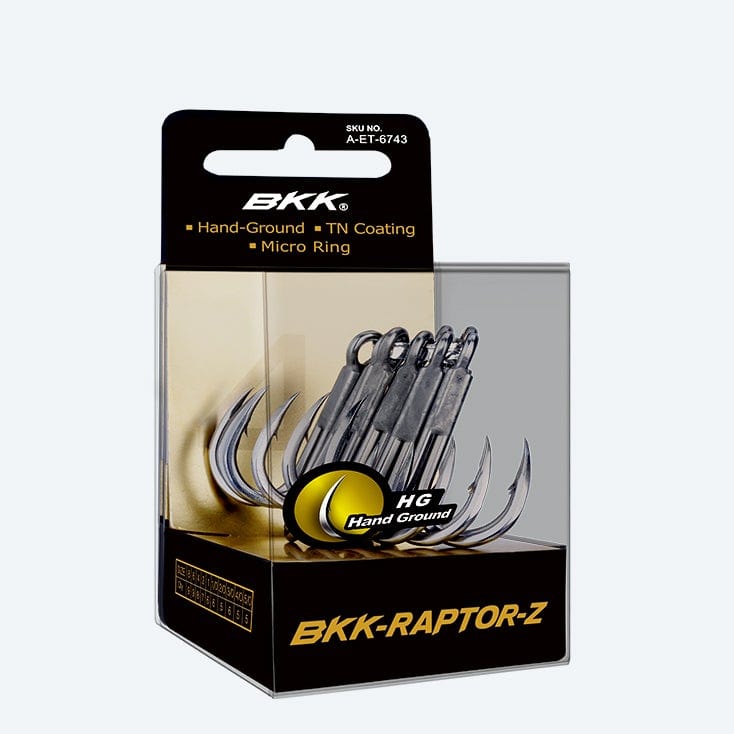
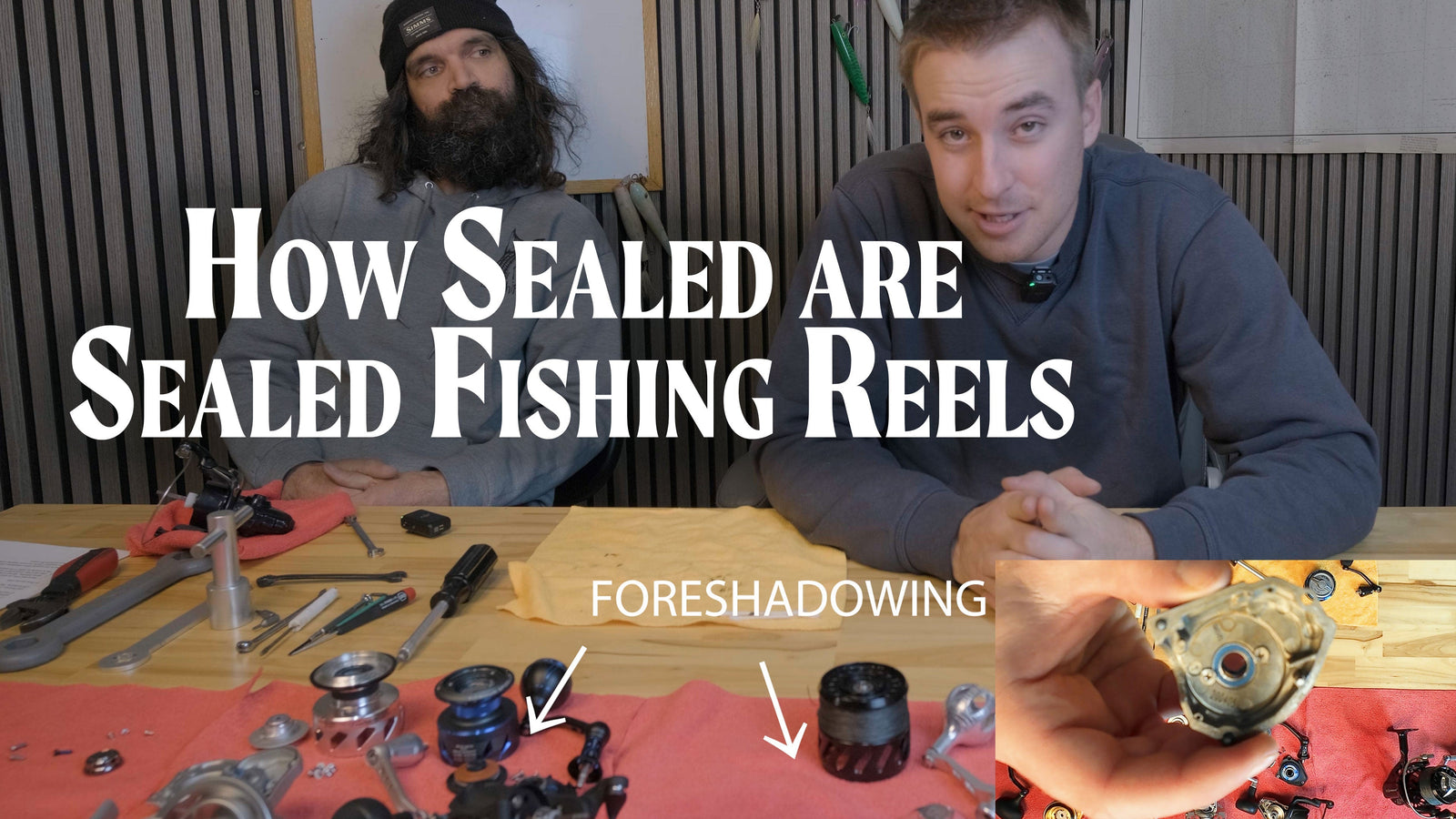
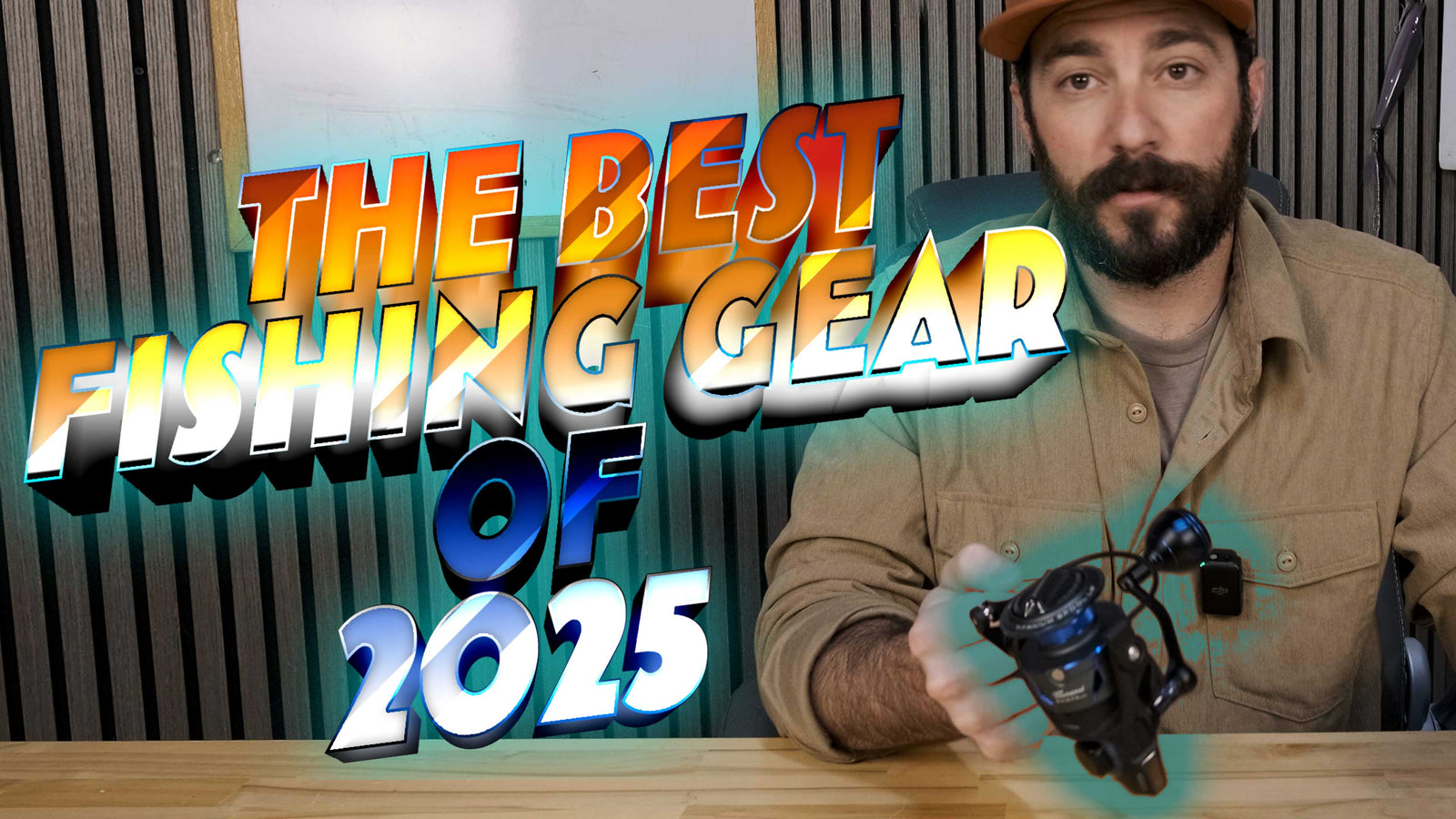
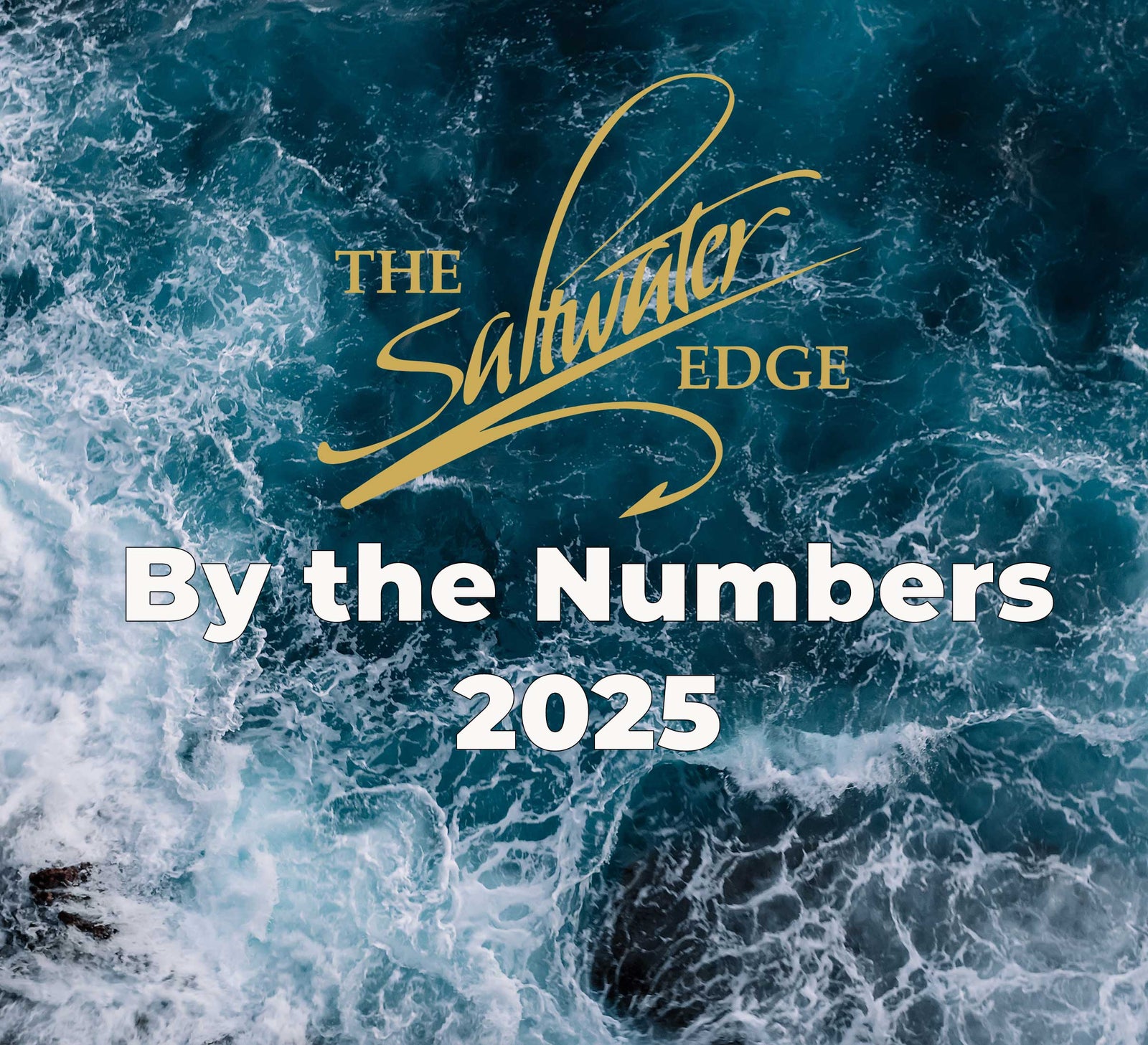
Greg Houde , Presedent UFTRI
November 08, 2023
Diven
is there any chance that you would be interested in demonstrating your new materials [ shown here ] at one of our club meetings in the Febuary to April time frame ?
thanks
Greg